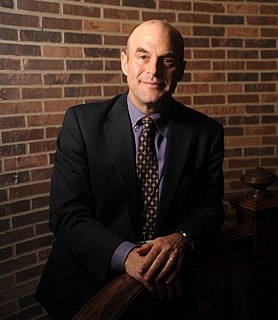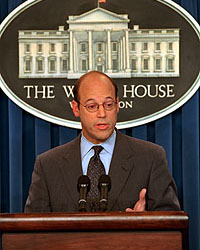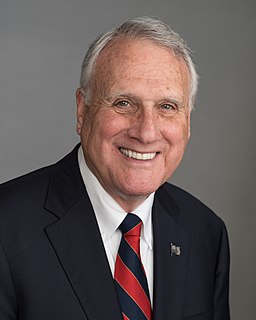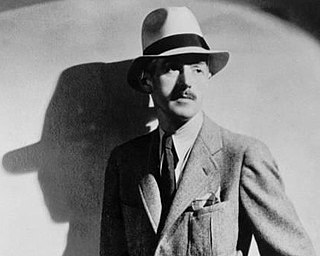A Quote by Dahlia Lithwick
Over the past few years, the Supreme Court was six times more likely to accept cases from an elite group of 66 lawyers than it was from more than 99 percent of those who petitioned the court. That's the finding of a recent Reuters special report called "The Echo Chamber." It illustrates how almost half the appeals accepted by the court over a nine-year period came from this cadre of elite lawyers--many of whom have personal connections to the nine justices.
Quote Topics
Related Quotes
In fact, Native American Rights Fund has a project called the Supreme Court Project. And quite frankly, it's focused on trying to keep cases out of the Supreme Court. This Supreme Court, Justice Roberts is actually, hard to believe, was probably worse than the Rehnquist Court. If you look at the few decisions that it's issued.
Most lawyers aren't trial lawyers. Most lawyers, even trial lawyers, don't get their problems solved in a courtroom. We like to go to court. It seems heroic to go to court. We think we're the new, great advocates, better than anything we've seen on TV, and we come home exhilarated by having gone to court.
We have the heaviest concentration of lawyers on Earth -- one for every five-hundred Americans; three times as many as are in England, four times as many as are in West Germany, twenty-one times as many as there are in Japan. We have more litigation, but I am not sure that we have more justice. No resources of talent and training in our own society, even including the medical care, is more wastefully or unfairly distributed than legal skills. Ninety percent of our lawyers serve 10 percent of our people. We are over-lawyered and under-represented.
We often imagine that the court serves as a sort of neutral umpire controlling the warring political branches. But this is mostly myth. The justices of the Supreme Court are themselves actors in the struggle for power, and when they intervene, they think carefully about how their decisions will affect the court's own legitimacy and authority.




































